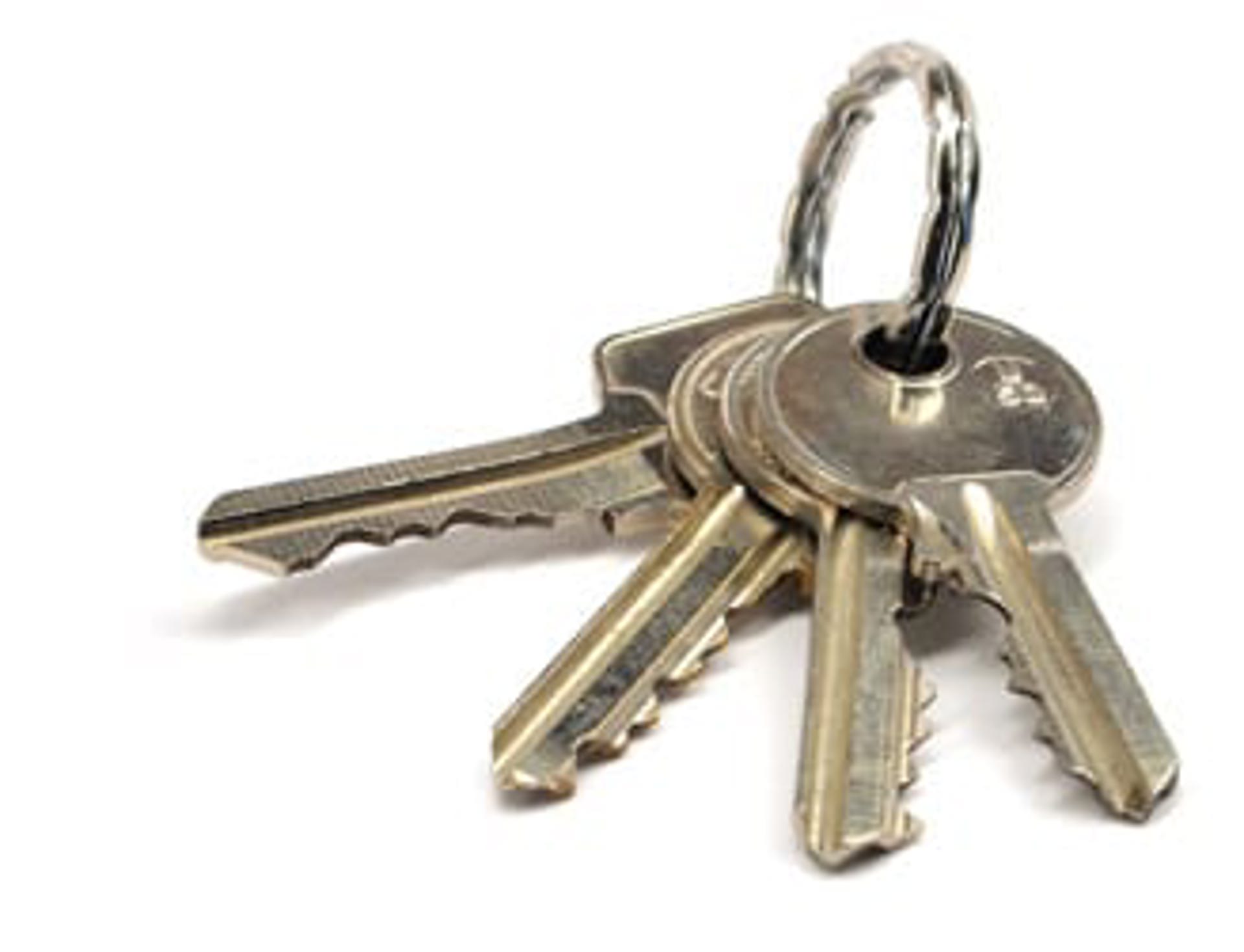Staying safe at home for the elderly
Published: 07/09/2017
Safety and peace of mind are especially important for elderly and vulnerable people staying in their own home, especially when they live alone. If you or a loved one is planning on staying at home to receive domiciliary care then it’s essential to make sure that you implement some basic safety measures to prevent crime and accidents. Having a safe and secure home can also help to boost confidence and encourage independence in elderly and vulnerable people living in their own homes, making them feel less reliant on others and secure when home alone.
Here are a few key areas for staying safe at home:
- Ensure locks on windows and doors are in good condition and a trusted person has a spare key for emergency access;
- Install secondary safety measures such as door chains, burglar alarms and light sensors;
- Make sure that there are no hazards that might make moving around the house difficult, for example tripping on rugs or trailing cables, or steep stairs. You may want to make adaptations to your home to make mobility easier – for example a stair lift or support bars for your bathroom;
- Install a fire alarm in each room and take care when cooking or using electrical equipment;
- Personal alarms can be reassuring and helpful for people who are worried about falling or feel insecure while home alone. These can be linked to emergency services, specialist security companies or trusted contacts for immediate support when you need it;
- Prevent crime by being aware of the dangers of bogus callers and burglars. If ever you feel unsure about a phone call, door-to-door visitor or are suspicious of someone outside or inside your house, make sure you have a plan of action in place and a support network to help you feel secure;
- Prepare for bad weather – make sure you have enough fuel and can afford utility bills to keep you warm through the winter. Domiciliary care can include help with food shopping if you are unable to get out and about easily, and this is especially helpful when the weather is bad;
- Ensure you have a solid network of social connections as well as support and practical help – if it’s not easy for you to get out of the house then you may want to consider updating your technology to help you connect to loved ones via the internet, video phone or email.
Keep a list of emergency phone numbers in a convenient location, eg near the telephone. You could also store names and numbers of important contacts in the phone so you don’t need to dial the numbers.
- Keep other useful information to hand, including notes of where the following things are:
- stopcock (valve for turning off and on the cold water)
- gas and electricity meters
- fuses
- first aid box.
- Keep a large week-to-view diary in a familiar place and write important things down in it.
- Get household appliances checked regularly. Keep records, and store them in a safe place. Remember to:
- use a qualified electrician for electrical appliances
- use a Gas Safe registered engineer for gas appliances.
- If you have an open fire, have chimneys swept once a year, or more often if you burn wood.
- Use timers for plugs, lights and heating systems to turn things on and off automatically.
- Use a personal alarm to alert people if you fall.
For more information contact Right at Home Maidenhead for some advice on 01628 200068.

